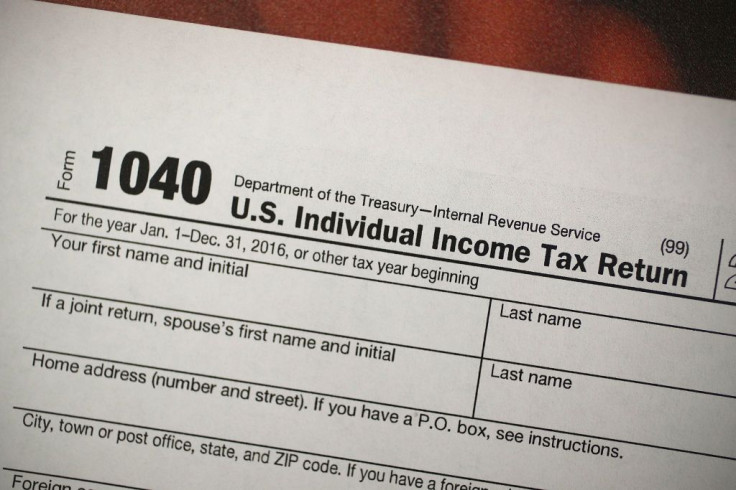Will We See Trump's Tax Returns? President Asks Supreme Court To Block Congressional Subpoena

President Trump on Friday asked the U.S. Supreme Court to block a House subpoena for his financial records in a case that could redefine the relationship between the executive and legislative branches of the government and could determine just how much a sitting president can be shielded from investigation.
The emergency request came just a day after he asked the high court to prevent New York prosecutors from getting their hands on the documents and as House Democrats pressed their impeachment inquiry.
"Given the temptation to dig up dirt on political rivals, intrusive subpoenas into personal lives of presidents will become our new normal in times of divided government — no matter which party is in power," Trump attorney William S. Consovoy wrote in the petition. "If every committee chairman is going to have this unbounded authority, this court should be the one to say so."
A three-judge appellate panel in Washington voted 2-1 last month to uphold a subpoena by the House Oversight and Reform Committee for eight years of Trump’s financial records from his accountants, Mazars.
The court found the committee had a legitimate legislative purpose in requesting the records as it considers revisions in the federal ethics-in-government laws. Among other things, the panel wants to know if the president has any undisclosed conflicts of interest.
In that decision, Judge David S. Tatel wrote presidents do not enjoy “blanket immunity from congressional subpoenas.” He also noted since 1978, presidents have been turning over financial disclosures and that such actions do not impair a president’s ability to govern.
Consovoy had argued the House committee was acting as law enforcement rather than in its legislative capacity, thus exceeding its authority.
Friday’s filing came after the appellate court refused to review the decision en banc. It asked the high court to put the appellate ruling on hold, pending further court filings.
"For the first time in our nation's history, Congress has subpoenaed the personal records of a sitting president from before he was in office," Trump attorney Jay Sekulow said in a statement. "In light of the significant constitutional issues involved in this case, we are hopeful that the stay will be granted pending the timely filing of a petition for certiorari on behalf of the president."
In the New York case, Trump’s attorneys have argued he has broad immunity from investigation while in office and called the subpoena “politically motivated” and “highly intrusive.” Manhattan District Attorney Cyrus Vance is trying to determine whether business records were falsified to cover hush-money payments to two women who claimed they had sex with Trump years before he was elected.
The New York case involves subpoenas for tax returns and related schedules. Trump’s attorneys argue that since he is immune from criminal prosecution while in office, he should be immune from investigation as well, and that the supremacy clause of the Constitution bars state courts from acting.
Trump is the first president since Gerald Ford not to release his tax returns publicly.
© Copyright IBTimes 2024. All rights reserved.






















